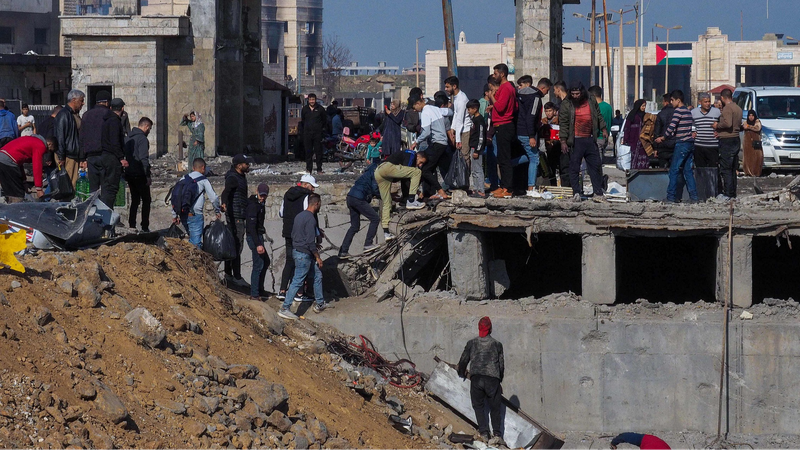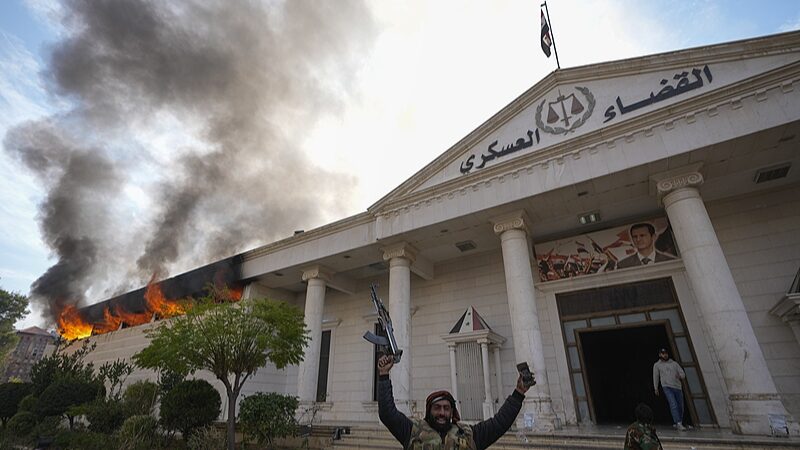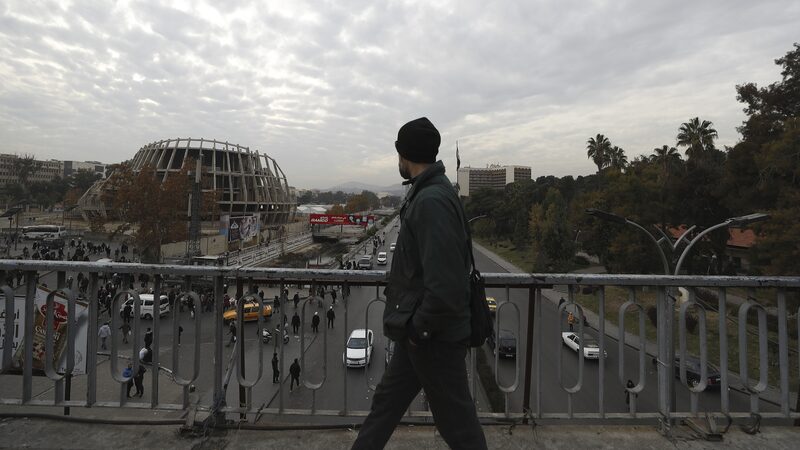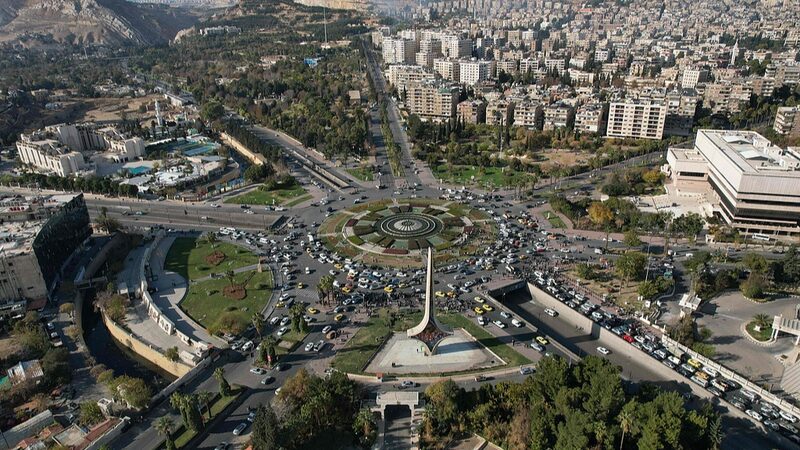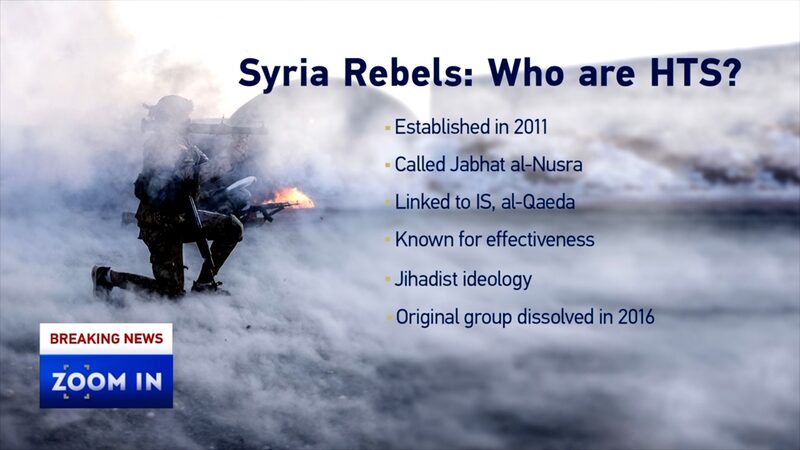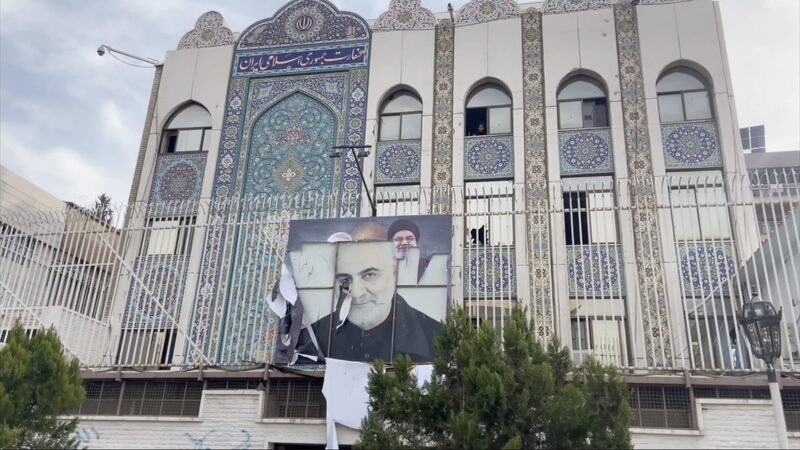Syria’s political landscape is undergoing seismic shifts as decades of President Bashar al-Assad’s rule crumble, sparking a scramble for influence among regional and global players. The fall of Damascus 🏙️ marks a dramatic turning point in the nation’s 13-year civil war, with opposition forces now consolidating control over strategic territories.
Hayat Tahrir al-Sham (HTS), once linked to extremist groups, is rebranding itself as a 'moderate' contender. By forging alliances with Kurdish factions and minority communities, HTS aims to win international legitimacy – a move analysts call 'conflict chess meets PR strategy.'
Meanwhile, Türkiye 🇹🇷 is walking a tightrope. Ankara’s support for Syrian National Army forces and its cautious tolerance of HTS movements reveal a pragmatic approach to protecting its borders and countering Kurdish autonomy. But with U.S.-backed Syrian Democratic Forces holding eastern territories, tensions could flare like a Netflix cliffhanger.
President Erdogan’s calls for 'inclusive solutions' contrast with Türkiye’s broader ambitions, leaving questions about stability in post-Assad Syria. As power vacuums emerge, one thing’s clear: the Middle East’s geopolitical map is being redrawn – and the world is watching 👀.
Reference(s):
Shifting dynamics in Syria highlight a nation on the brink of change
cgtn.com
